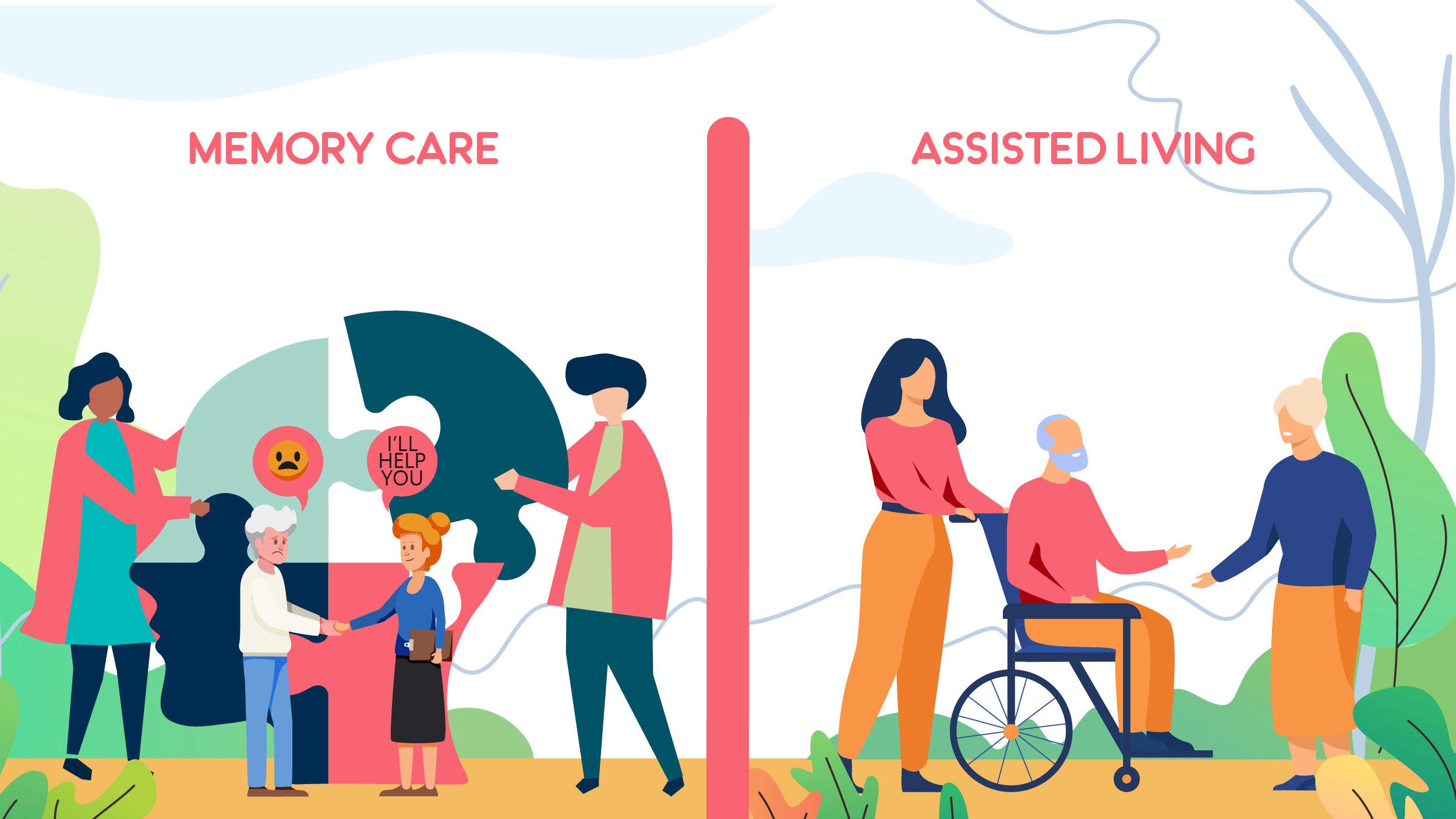Expert Tips for Giving Quality Alzheimer's Treatment in your home
Caring for an individual with Alzheimer's condition at home presents special challenges that require both understanding and tactical planning. As we check out these professional tips further, it becomes clear that a thoughtful technique can dramatically affect the quality of life for both the caregiver and the individual receiving care.
Understand Alzheimer's Condition
Alzheimer's disease, a progressive neurodegenerative condition, greatly affects cognitive function and daily living activities. It mainly impacts memory, assuming, and actions, leading to a progressive decrease in the abilities required for independent living. Early signs usually consist of forgetfulness, difficulty in analytic, and obstacles in finishing familiar jobs. As the condition proceeds, people may experience disorientation to time and place, damaged judgment, and adjustments in mood and character.
The etiology of Alzheimer's is complex, involving the build-up of amyloid plaques and tau tangles in the brain, which interrupt neuronal communication and lead to cell death. Risk factors consist of age, genes, and way of life choices, with the majority of cases taking place in people over 65. Recognition of these elements is crucial for caregivers, as understanding the problem can assist in far better support and treatment techniques.
In addition, Alzheimer's disease not only impacts the individual but also has considerable psychological and logistical implications for families. Identifying the phases of the condition permits caretakers to prepare for challenges and adjust their approach, ensuring that the demands of those influenced are met empathy and understanding. This fundamental knowledge is necessary for promoting quality treatment in your home.
Establish a Routine
Producing a structured day-to-day routine can substantially improve the quality of life for people dealing with Alzheimer's illness. Developing constant patterns aids to decrease confusion and anxiousness, offering a feeling of protection and familiarity. A daily timetable needs to include regular times for meals, tasks, and remainder, which can aid people expect what to expect throughout the day.
Integrating straightforward, acquainted jobs into the regimen can promote a sense of achievement and independence. Activities like horticulture, cooking, or perhaps easy household duties can be valuable. It is essential to customize these activities to the individual's abilities and rate of interests, making sure engagement without irritation.
In addition, adaptability within the routine is vital. While uniformity is essential, enabling modifications based on the individual's mood or energy degrees can aid preserve a favorable environment. Motivate involvement in social communications, whether with household check outs or neighborhood activities, as these can provide excitement and connection.
Enhance Communication Abilities
Reliable communication is necessary for keeping meaningful links with individuals dealing with Alzheimer's condition. As cognitive capabilities decline, typical discussion might become challenging. For that reason, caregivers ought to adjust their communication methods to cultivate understanding and link.

Energetic listening is important. Show authentic rate of interest by keeping eye get in touch with and nodding to recognize their sensations or thoughts. Avoid remedying or saying, as this may cause irritation. Instead, verify their emotions and redirect the conversation delicately if required.
Utilizing visual help, such as photos or created pointers, can additionally improve comprehension. Encourage engagement in activities that stimulate discussion, such as recollecting regarding previous occasions or looking via picture albums.
Produce a Safe Atmosphere
A helpful setting plays a substantial role in the health of people with Alzheimer's disease. Producing a risk-free home setup is important to lessen dangers and boost the lifestyle for both the specific and their caregivers. Begin by assessing the living space for possible risks. Eliminate tripping threats such as loose carpets, electrical cables, and clutter. Ensure that pathways are well-lit and clear to avoid drops.
Set up safety locks on windows and doors to prevent wandering, which is a common concern in Alzheimer's individuals. Furthermore, take into consideration using non-slip mats in washrooms and install grab bars for added assistance. Labeling areas and essential things can help people browse their surroundings extra conveniently.
Emergency calls need to be plainly published find near phones, and a clinical alert system can give peace of mind. Consider utilizing childproofing steps for dangerous substances and sharp objects. Regularly check smoke detectors and carbon monoxide alarms to ensure they are operating. On the whole, tailoring the home setting to the special requirements of the individual with Alzheimer's not just promotes safety but also motivates independence and comfort.
Look For Support and Resources
Accessing support and resources is essential for caregivers and people facing the obstacles of Alzheimer's illness. Caregiving can be frustrating, both literally and emotionally, and it is crucial for caretakers to seek aid to keep their well-being and supply quality care.

Additionally, exploring break care choices can pay for caretakers much-needed breaks, enabling them to decrease and charge exhaustion. This may include grown-up day programs or at home care solutions. Economic assistance programs might additionally be offered to assist offset the prices of care.

Verdict
In summary, offering high quality Alzheimer's care in your home necessitates a complex technique. Comprehending the intricacies of the condition, establishing an organized regimen, boosting interaction abilities, developing a secure setting, and looking for support from available resources jointly contribute to improved caregiving experiences. Carrying out these techniques not just cultivates a sense of independence and achievement for individuals with Alzheimer's however likewise relieves caretaker stress and anxiety, inevitably improving the high quality of life for both caretakers and those they sustain.
Caring for a private with Alzheimer's disease at home presents distinct obstacles that need Source both understanding and strategic preparation.Additionally, Alzheimer's illness not just affects the specific yet also has substantial emotional and logistical ramifications for households.Producing an organized day-to-day regimen can significantly improve the top quality of life for people living with Alzheimer's condition.Efficient interaction is important for keeping purposeful links with people living with Alzheimer's disease. Alzheimers Care Charlotte. Applying these methods not just cultivates a feeling of self-reliance and accomplishment for people with Alzheimer's but also eases caregiver stress, ultimately boosting the top quality of life for both caretakers and those they sustain